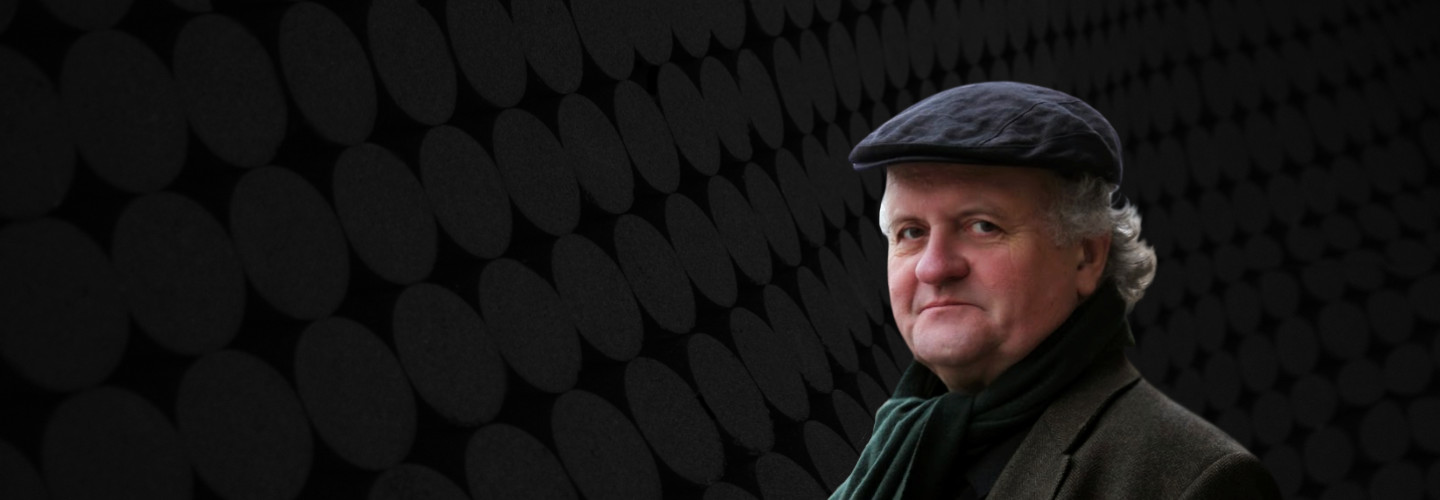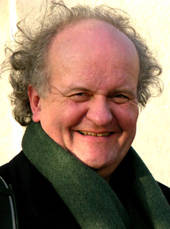

Wolfgang Rihm
Der Maler träumt
Short instrumentation: 1 2 1 2 - 1 1 1 1 - perc(2), hp, pno, vln(2), vla(3), vc(3), cb(2)
Duration: 15'
Solos:
baritone
Instrumentation details:
flute
oboe
cor anglais
clarinet in A (+bass cl(Bb))
bassoon
contrabassoon
horn in F
trumpet in C
trombone
tuba
1st percussion
2nd percussion
piano
harp
1st violin
2nd violin
1st viola
2nd viola
3rd viola
1st violoncello
2nd violoncello
3rd violoncello
1st contrabass
2nd contrabass
Rihm - Der Maler träumt for baritone and ensemble
Printed/Digital
Translation, reprints and more

Wolfgang Rihm
Rihm: Der Maler träumtOrchestration: for baritone and ensemble
Type: Studienpartitur (Sonderanfertigung)
Language: Deutsch

Wolfgang Rihm
Rihm: Der Maler träumtOrchestration: für Bariton und Ensemble
Type: Klavierauszug
Sample pages
Audio preview
Work introduction
Rihm’s Der Maler träumt (The Painter Dreaming) was inspired by a paper called About My Painting given in 1938 at the New Burlington Gallery in London by the German painter Max Beckmann (1884-1950), in which he formulated focal standpoints of his understanding of art. “Basically, enough has been said about art – and ultimately, all of it is inadequate if one is supposed to interpret one’s deeds in words,” he said. For Beckmann, words are “too flawed for truly defining artistic problems. What I envision and what I want to realise – perhaps I can achieve it better in the form of a kind of drunken vision.”
This associative, wildly poetic, very personal talk, rich in metaphor, thus ends with a predominating “lyrical ego,” “as if a person emerged from his triptych Versuchung (“Temptation”) and spoke to him – as if the text took on a delirious quality.” (Wolfgang Rihm)
That ignited Rihm’s imagination:
One of my characters (perhaps from the Temptation) * sang this strange song to me one night:
Fill your gourds anew with alcohol and give me the largest one. - - - Let me light the grand lights, the huge candles for you, solemnly. Now, in the night. – In the dark, black night. You see us not. – You cannot see us, but you are me. That is why we laugh so fine – in the morning’s red dawn, at midday and in black night. Stars are our eyes, the world’s mists are our beards, human souls are our heart. We hide ourselves, you see us not, that is just what we want in morning’s red dawn, at midday and in black night. Endless are our flambeaux, silvery, hotly red, purple, violet, green-blue and black. We bear them in a dance over the oceans and the mountains over the ennui of life’s world. We sleep – and the spirits of the stars circle in a vague dream. We awaken and the suns approach to dance over bankers and sheep – over the harlots and princes of the world.
[ … ]
Trust in things – (said he)* - be not frightened by all the horrors of the world. Every thing is properly ranged and right and must go its way to reach perfection - - a greater perfection never completely attainable. Seek that pathway - - - and thou willst ever profounder understand the boundless beauty of Creation from your own “Ego,” love more and more and become more free from everything that thou mayest still find woebegone, doleful, terrible. I awoke – and I saw myself (in Holland)* amidst a boundless confusion in the world.
(* Words in brackets not set to music).
“I definitely feel an extremely close kinship to him in his artistic typus,” says Rihm, adding, “that includes his position in time, his attitude, that he never deviated from the figurative – his strongly rooted, yet powerfully extending tendencies – I feel at home there, as an artistic figure; there, I sense a strong identification.”
Wolfgang Schaufler
